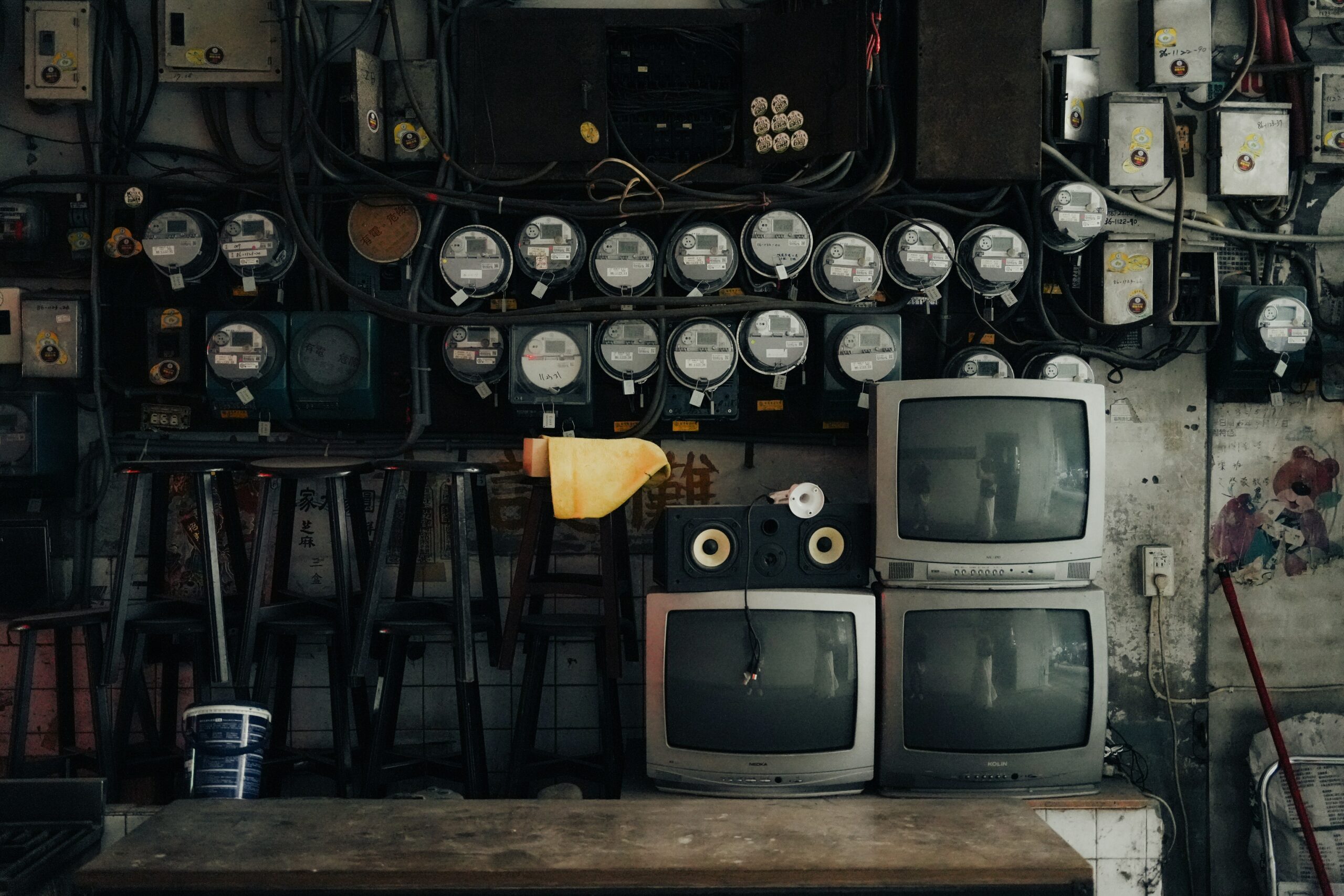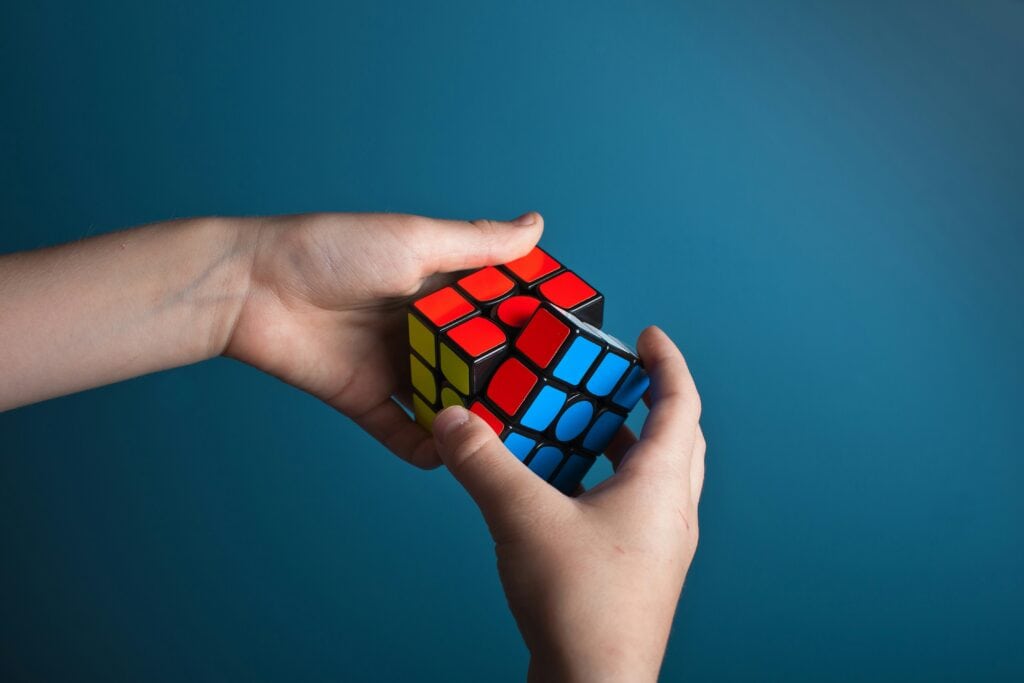We’ve all had it happen, a show starts strong, then somewhere between season two and three, we stop tuning in. Corporate learning suffers the same fate. Too many programs start with promise, but quickly lose learners along the way and the completion rates tell the story. We never rely solely on completion rates, it’s the long term changes that prove success. Bit if no one’s completing the course in the first place – we’ve got a problem. Traditional courses often see less than 30% of learners finish them, while well-designed microlearning averages closer to 80%. The problem isn’t that people don’t want to learn, it’s that the content isn’t holding their attention.
When training is boring, irrelevant, or treated as little more than compliance box-ticking, disengagement follows. Gallup’s ongoing research into workplace engagement shows a direct link between perceived relevance of learning and motivation at work. Where people don’t understand why training matters, or how it connects to their role, they mentally check out. Completion might happen under pressure, but retention is minimal.
What keeps learners coming back is the same thing that keeps us hooked on a great series, the story, our connection to the material and it’s relevance to us. Stories are remembered up to 22 times more than facts alone, and when you anchor learning in a narrative or real-world scenario, it sticks. The spacing effect and retrieval practice are two of the most researched principles in cognitive psychology that further show that short, emotionally engaging modules delivered over time dramatically improve retention, often doubling what people recall 30 days later.

At Mindboost, we design learning like episodes, not lectures. Each module is a moment that builds on the last, connects emotionally, and gives people something to apply right away. We don’t want learners to “get to the end.” We want them to be curious about what comes next, and to use what they’ve learned in the real world. The lesson from television is clear: if the story isn’t good, people switch off. If learning doesn’t matter, they do the same. The answer isn’t more content, but better content that earns their attention.
ready to revolutionise your learning experience?
When you partner with mindboost and our alliance of revolutionary organisations, you’re joining a movement that believes every human being deserves to discover their greatness.




